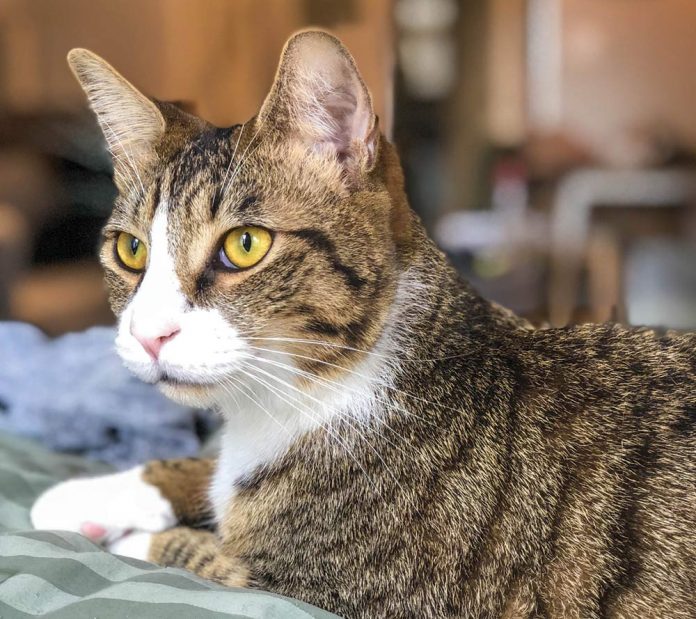Most animals have a keen sense of hearing so the on going pop, boom and whizzing sounds of the Fourth of July celebration can bring on stress and anxiety causing a pet to panic and freak-out.
Keep your pet indoors
It may seem obvious, but even if your pet is used to being outside, the resulting panic caused by fireworks or other loud noises may make them break their restraint or jump a fence in a terrified attempt to find safety. If possible, have someone stay home who can provide comfort and support.
Leave your pet at home
The safest place for your pet is at home, not in a crowded, unfamiliar and noisy place. The combination of too many people and loud fireworks will make your beloved pet freak out and desperately seek shelter. Locking them in the car is also not an option; your pet may suffer brain damage and heat stroke.
Mask the noise of fireworks
You can help to mask the scary noise by turning on a TV or Radio. The humming sound of fans or an air conditioner may also help. Close all windows and draperies to help muffle outside sounds and prepare a safe area where a pet can burrow in to help them feel safe.
Exercise them before fireworks begin
It is suggested that taking them for a walk or engaging in extensive play might tire your pet out in the hopes they might sleep through the most active part of the fourth celebrations.
NEVER use fireworks around pets
While lit fireworks can pose a danger to curious pets and potentially result in severe burns and/or trauma to the face and paws, even unused fireworks can be hazardous. Some fireworks contain potentially toxic substances such as arsenic, potassium nitrate, and other heavy metals.
Consult a vet
If all else fails you may need to consult your veterinarian before the fourth to see if sedation is an option. Sedation could help prevent many injuries and other health complications resulting from excess stress and anxiety.
Sources: petMD, ASPCA, and the American Veterinary Medical Association.










